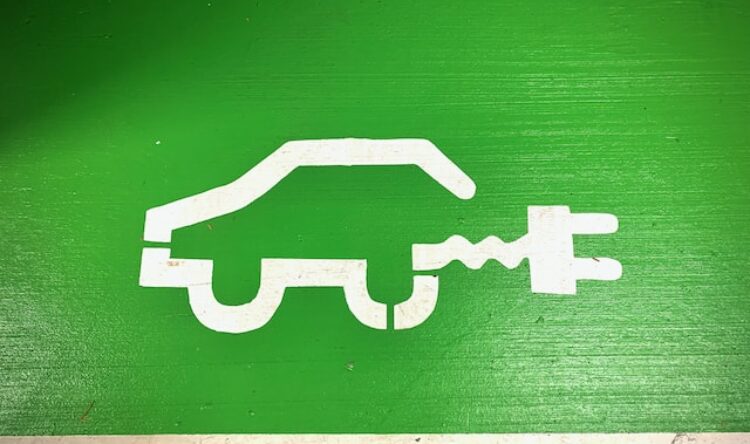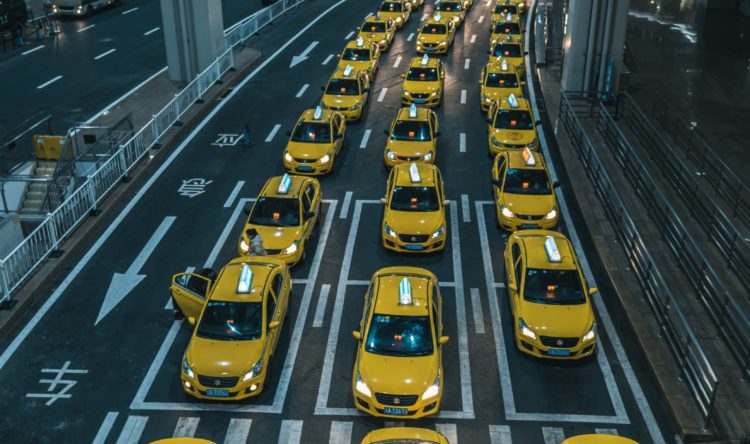Abandoning the car
Cost of living crisis leads to more motorists finding alternatives
Over a third of motorists plan to abandon their cars in favour of public transport.
As fuel prices continue to rise, transport alternatives become more attractive.
ADP Global research for Startline Motor Finance, found that 35% would make the move away from their own vehicle, while 42% said they were already using public transport more often as a result of rising fuel costs.
Saving money
There’s also been a 6% increase (to 12%) in those who aren’t planning to buy a used car, with a 21% increase (to 53%) in those who say their personal finances have worsened, according to the results.
Just 23% of respondents said they would carry on using their car even if fuel costs continue to rise.
The survey findings come on top of continuing drop in new car sales.
Cost of living
Startline’s chief operating officer Gregor Sutherland says “the cost-of-living crisis and is clearly making quite a lot of people rethink how they use their car.
“They are looking at all kinds of alternatives – with walking and cycling being clear favourites but public transport also in the mix.
“Probably the bigger question is whether these are permanent changes or people will find ways to use their car more often in the longer term.”
The increasing price of fuel has led to protests this week. An organised slow down on key motorways across the UK and rolling road blocks could just be the beginning of further actions. Motoring is becoming unaffordable for many people.
Chancellor Rishi Sunak cut five pence per litre off fuel duty earlier this year. It was part of Government’s response to the current cost-of-living crisis. There is an expectation that further government instruments will be announced soon to further help people out.
Environmental benefits
Among the options being taken up by motorists are walking (32%), cycling (16%), car sharing (13%), electric bikes (6%) and electric scooters (4%).
This shift could play into the hands of Government’s green plans and benefit the environment. However, it will not help the Treasury tax take.
Earlier this year Transport Minister Trudy Harrison MP said the UK must move away from “20th century thinking centred around private vehicle ownership” and towards shared mobility.
Harrison said that shared mobility must become “the norm”. A future transport system , she claims, will introduce “greater flexibility, with personal choice and low carbon shared transport”.
Smaller, cheaper, economical
Sutherland says that analysis shows used car retailers already stocking smaller, cheaper, more economical cars. Economics and fuel saving has become a key factor in choice.
He say: “It’s interesting that a rising number of people are planning on buying a used car purely because their old one is wearing out.
“Some will undoubtedly have been hanging onto their cars for longer than usual because there’s been so much uncertainty around in the last few years, like the pandemic, but there will always come a point when they need replacing.”






